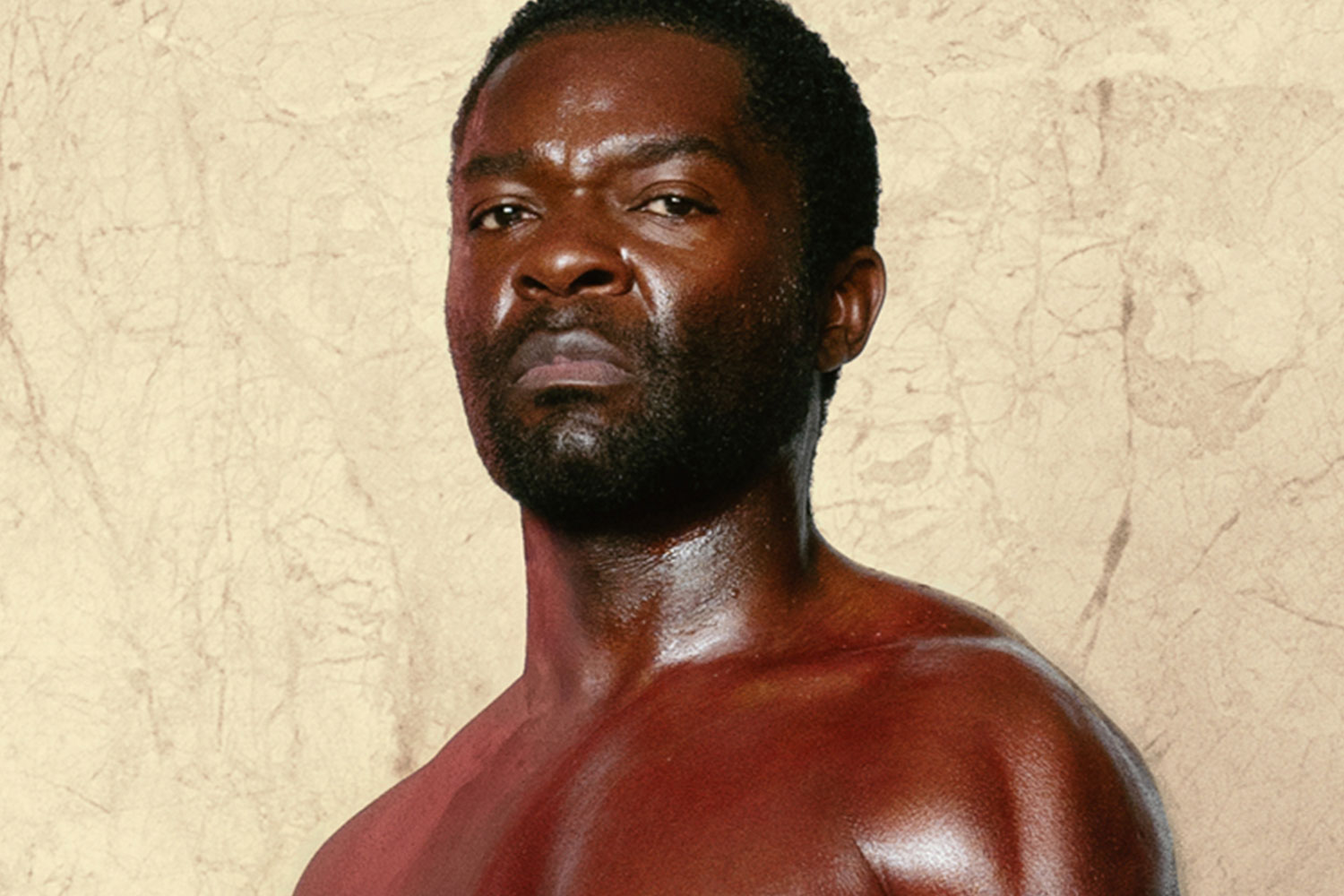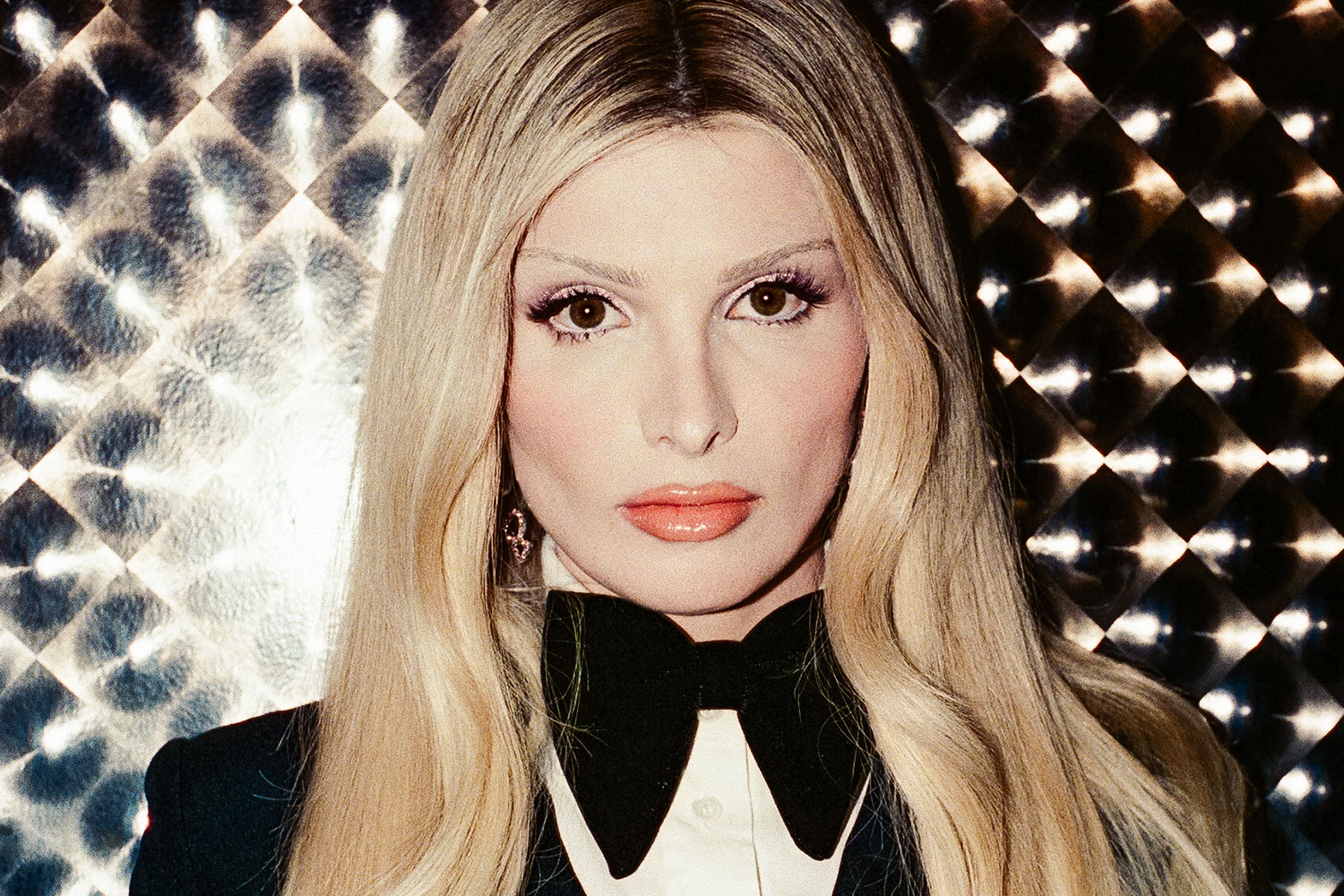Sister Act
Whoopi Goldberg does exactly what she’s intended to do in Sister Act – she pulls in the punters. Goldberg fans have snapped up tickets for her three-week, West End debut stint and, on press night, they took every opportunity to whoop it up (loudly) for Whoopi; even her pre-recorded, pre-show announcement warning the audience to switch off their mobiles garnered applause. So you can just imagine the excitement generated by every onstage utterance, lyric, raised eyebrow or hip swivel.
None of which disguises the fact that, in the role of the Mother Superior, Goldberg is miscast – she’s simply not believable as a rigid rule-mistress who has devoted her life to god, humble sacrifice and missionary work, either in Philadelphia or Papua New Guinea. She also feels uneasy musically and slightly under-rehearsed on the acting front (pietousness wasn’t a word, last I checked).
But it doesn’t matter much. Whoopi seems to be having fun, as do the crowds. And whatever draws people in to see Sister Act in its final stretch at the Palladium, they won’t be the least bit disappointed with the real star of the show: Patina Miller, who is disco diva Deloris Van Cartier, played by Goldberg in the two Sister Act films. Miller justly won this year’s Whatsonstage.com Award for Best Actress in a Musical for her performance, which seems to have only improved as she’s settled in to the role.
And the two African-American leading ladies do team up well together, even if it is for the wrong reasons. “I feel like I’m looking at a mirror image of myself,” Goldberg’s Mother Superior tells Deloris at one point. Though the irony of the line is lost in this casting configuration, it raises an even bigger laugh – all the way to the box office.
NOTE: The following THREE-STAR review dates from June 2009 and this production’s original opening at the London Palladium. Other principal cast changes since its writing include Simon Webbe as Shank and Jacqueline Clarke as Sister Mary Lazarus.
It’s good but not great, diverting not divine. The best thing about Sister Act is the leading lady, the number one nun Deloris van Cartier, played by Patina Miller with personality to burn and a smile as wide as Wembley Stadium.
The story of the 1992 movie has been flattened out to provide minimal conflict between Deloris, the nun on the run from her career as a lounge singer after witnessing a murder, and the starchy mother superior of Shelia Hancock, who is raring to reggae and wobble her wimple.
The joyous surprise of the Motown movie score is replaced by a jobbing funk and disco playlist by Disney and Little Shop composer Alan Menken with so-so lyrics by Glenn Slater (working with Andrew Lloyd Webber on the new Phantom) and a book by Cheri and Bill Steinkellner (they produced and wrote some of Cheers) that makes The Sound of Music look like Noel Coward.
It’s a one-trick pony, this show, with nowhere special to go once the nuns have shown they can get down on the dance floor as soon as get down on their knees, and Anthony van Laast’s choreography has them leaping about like electrified penguins almost from the curtain-up.
The setting has been moved from the 1990s back to 1978, and from San Francisco and Reno to Philadelphia, so that Deloris’ killer boyfriend is no longer a Mafioso but Curtis Shank (all big wigs, bling and bad attitude in Chris Jarman’s performance), a drug-dealing Afro-American hood straight out of Shaft, with one of his stooges cleverly done by Nicolas Colicos as an equal mixture of niftiness and gormlessness.
There’s little sense of the show regenerating the parish life of the community, and Ian Lavender’s vague and silly monsignor isn’t a patch on Joseph Maher in the movie, though there’s a fairly funny pay-off when the white-robed pontiff rises from the orchestra pit and Julia Sutton’s Sister Mary Lazarus comes bopping back from the dead.
Peter Schneider’s production maintains a fizzing energy that is slightly too exhausting for comfort, and the sound system is wonky. But songs like “Take Me to Heaven,” “Bless Our Show” and “Spread the Love Around” will send audiences home happy enough, if not rushing back to buy the album; there’s little that’s truly memorable beyond Miller’s magnificence.
– Michael Coveney










